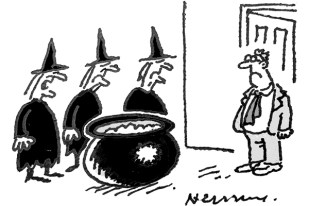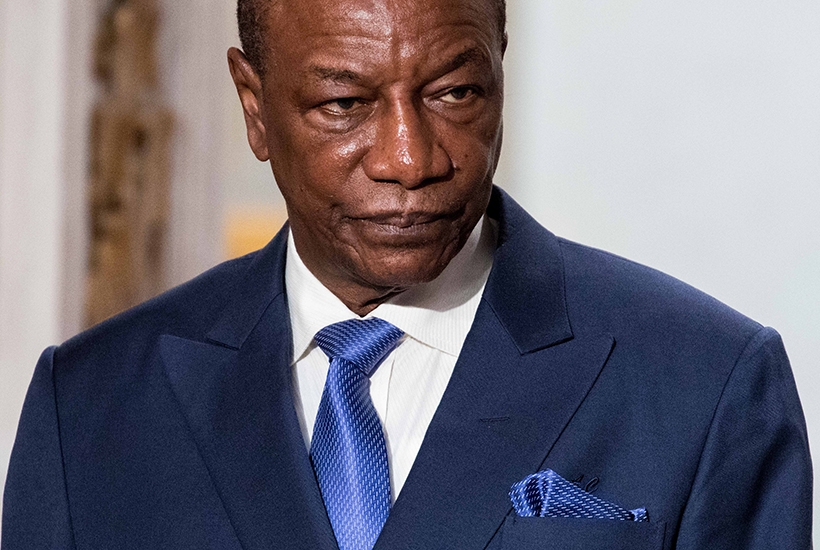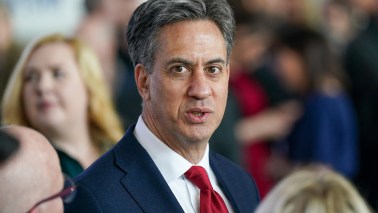When Alpha Condé ‘Le Professeur’ became president of Guinea in 2010, he was hailed by Tony Blair as an ideal leader — the very model of what an African premier should be. Unlike previous rulers, Condé didn’t shoot his way to the top, but arrived armed with a law degree from the Sorbonne and Guinea’s first ever democratic mandate. Blair chose Le Professeur as a client for his Africa Governance Initiative (AGI), set up to nurture a new generation of ‘good guy’ African leaders, and Condé was introduced to a network of experts — not woolly DfID types, but sharp tacks with Downing Street experience. The idea was to replicate Mr Blair’s successful policy ‘delivery unit’ across Africa.
Unfortunately, Condé has begun to succumb to African Strongman Syndrome. Though he’s now 81, he has announced plans to scrap the constitutional rules that forbid him a third term in office. There have been protests, and at least 30 people killed. Opposition activists have been charged with insurrection. Condé’s reputation as a model leader looks shaky — as does the reputation of the AGI. So how and why did the Alpha Condé experiment go wrong?
When I first went to Guinea in 2009, the previous president, Lansana Conté, had just died after 25 years in office. Another military hardman, Moussa ‘Dadis’ Camara, had seized power. Camara’s first act was to lift the lid on how the Conté family had got into bed with Latino cocaine cartels, turning Guinea into west Africa’s first fully functioning narco-state. Drug barons were hosted at a villa once owned by the first lady, and had a private airstrip to land their product. Camara organised live televised interrogation shows, where Conté’s son and others confessed to using the presidential guard to protect the goods and diplomatic bags to courier them to Europe.








Comments
Join the debate for just £1 a month
Be part of the conversation with other Spectator readers by getting your first three months for £3.
UNLOCK ACCESS Just £1 a monthAlready a subscriber? Log in